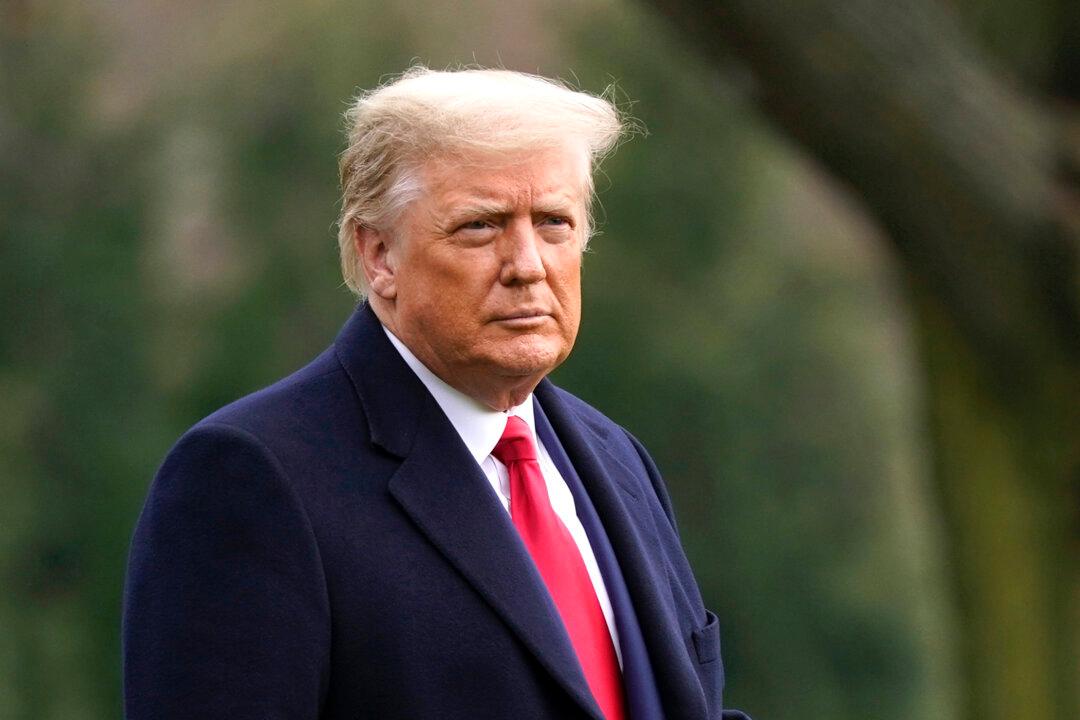A federal judge on Tuesday rejected President Donald Trump’s request to de-certify 2020 election results in Georgia over allegations that thousands of ballots were “illegally” cast and counted.
Trump filed the lawsuit on New Year’s eve just before media outlets received a leaked audio recording of a call between the president and Georgia Secretary of State Brad Raffensperger. The leaked conversation, which was said to be a confidential legal settlement discussion over several Georgia lawsuits, garnered widespread scrutiny after parts of the call were initially released by the media.




